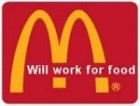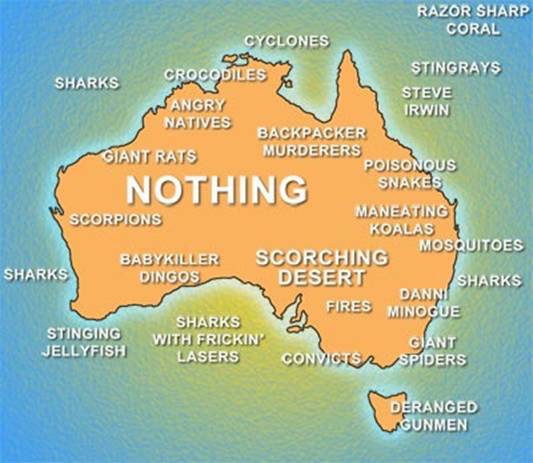Chinese and foreign media have extensively reported on the anniversary of 30 years of opening up – started in 1978.
Some of my personal stories will be part of my book.
I visited the exhibition on the topic, held in China World from 19 to 30 December:
“A 30-Year History: Exhibition on China’s Opening up”
It did not receive much coverage in the English press, a pity because the two exhibition floors were fully packed with overviews op the economic history – province by province, country by country plus some extras. I was the only foreigner; many Chinese groups were visiting with help of free guides available at the reception.
I wanted to see how the Ministry of Commerce had used some of my contributions. Every country had exactly the same exhibit space so I was happy to find back several of my pieces, like the post cards announcing my office move within the Beijing Hotel and later to the Kunlun Hotel – all in the early eighties, as well as the large glass model of the “The Athletes Alley” by Olivier Strebelle. See the pics. Also shown are the three stands of the Benelux: Belgium, Netherlands and Luxembourg.
See also the large auditorium where I saw the interview on screen with Bart Pennewaert, First Secretary of the Belgian Embassy. There were also large touch screens to consult the data.
I opened the first Belgian Representative Office in Beijing with a Belgian Representative, in early 1981. See me with my secretary Chen Jilun at the door of room 5109 (“West Wing” of Beijing Hotel) in 1981. That time there were no office buildings, no apartments for business people – nothing. So that room was for a long time the office but also my bedroom, living room, “dining” room.
What changes since then…
























